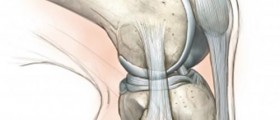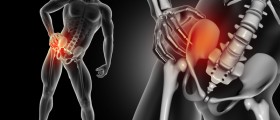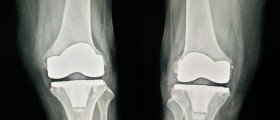
What is aortic valve replacement and when does it need to be done?
Any damage of aortic valve will cause certain problems, and some of them may be more and some of them less serious. However, they can usually be kept under control with the help of medications, but there are sometimes cases in which even the medications are powerless. The only solution that the doctors may suggest to the patients under such circumstances is surgery that requires either repair or replacement of the damaged aortic valve. Aortic valve replacement is always the last solution, done when aortic valve cannot be repaired, and it can be replaced with a mechanical valve, with a preserved human valve, or with a patient’s pulmonary valve, which will then be replaced with a preserved human valve.
Possible complications of aortic valve replacement
Just like any other surgery procedure, this one is not free of risk either, although the fact is that even statistics confirm that it is done very successfully in the greatest majority of the cases. However, even though the doctors and surgeons will make sure that all the measures of precaution are taken in advance, and that the risks are reduced to the minimum, it is not always possible to predict the outcome. Also, some patients are at higher risk of developing some of the complications, due to their overall health and certain conditions or diseases that they might be already suffering from.
All the complications regarding this surgery procedure can be classified in two groups, the group of minor ones, and the group of major ones. Among the minor are bleeding or bruising which is not excessive, nausea, vomiting, numbness of skin, infection of the wound or at the site of IVs, painful or abnormally looking scars. Allergic reactions of skin are also possible after this kind of the surgery. As for the major complications, it is necessary to be aware of the fact that they really happen extremely rarely, even though they are numerous. Infections and bleeding are rather common for all the surgery procedures, but when it comes to this one, stroke and heart attack are also possible, as well as the failure of the procedure. Sometimes, this surgery may have a fatal outcome, while it is also possible that it will cause the damage of nerve or some organ, that some problems with heart or lungs will develop, or that the patient will experience kidney failure or allergic reaction to some medication or anesthesia.

















Your thoughts on this
Loading...